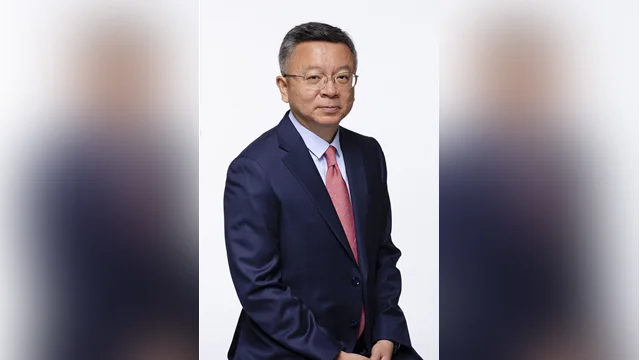The Executive Board of the International Monetary Fund (IMF) has completed its 2025 Article IV Consultation and the second review of Liberia’s 40-month Extended Credit Facility (ECF) arrangement. This decision enables an immediate disbursement of SDR 19.3 million, approximately US$26.5 million, bringing total disbursements under the program to about US$79.4 million.
Liberia’s ECF arrangement, totaling SDR 155 million (60 percent of quota), was approved on September 25, 2024. The program aims to help Liberia restore macroeconomic stability, reduce debt vulnerabilities, maintain financial stability, and strengthen governance.
According to the IMF, Liberia met five out of six performance criteria in this review period. The Board granted a waiver for missing the criterion related to new external arrears after authorities took corrective action.
Economic growth in Liberia slowed in 2024 following a strong recovery from the pandemic but is projected to reach 4.6 percent in 2025 and rise further to 5.4 percent in 2026. Growth is expected to be driven by increased mining activity—especially gold and iron ore—and a rebound in agriculture production. Political stability has supported the government’s new medium-term development strategy known as the ARREST Agenda for Inclusive Development.
Mr. Bo Li, Acting Chair and Deputy Managing Director of the IMF, stated: “The authorities have made notable progress in implementing sound macroeconomic policies and key structural reforms in the first year of their Fund-supported program. Measures to reduce the large fiscal deficit, mitigate debt vulnerabilities, and strengthen foreign exchange reserves have yielded encouraging results. Swift policy responses to the sudden termination of large grant support—through rationalizing low-priority spending and mobilizing additional domestic revenues— have also safeguarded critical social programs previously financed by USAID.
“Building on this strong start, more ambitious domestic revenue mobilization will be essential to create fiscal space for priority development spending. A comprehensive reform agenda is planned for the coming years, including the transition from the general sales tax to a higher-rate VAT, income tax reforms, and the rationalization of tax exemptions. Continued spending discipline, together with improvements in the composition and quality of public expenditures, will also be crucial.
“The Central Bank of Liberia’s efforts to address weaknesses in three banks and safeguard the banking sector stability are welcome. Steadfast implementation of a stronger regulatory framework will be key, while completing bank restructuring and reducing high non-performing loans will further strengthen stability and support credit intermediation for private-sector-led growth.
“Recent measures to strengthen the regulatory framework of the Liberia Anti-Corruption Commission will enhance transparency, including through the publication of public officials’ asset declarations. The governance diagnostic study will provide a solid foundation for effective governance reforms across sectors, which will be instrumental in attracting foreign investments and supporting higher, more inclusive growth.”
The IMF Executive Directors agreed with staff assessments and commended Liberian authorities for their efforts toward macroeconomic stability amid reduced foreign aid flows. They highlighted that risks remain due to declining external assistance and global economic uncertainty but stressed that continued reform is necessary for fiscal discipline, financial stability, improved governance standards, private sector development, poverty reduction, as well as living standard improvements.
Directors noted prudent fiscal management despite less foreign aid and encouraged further steps toward increasing tax revenues for social needs while maintaining debt sustainability through robust debt management policies.
On monetary policy matters aimed at price stability—including efforts toward de-dollarization—the Directors called for continued enhancement of monetary transmission mechanisms and reserve strengthening measures.
They also welcomed initial steps taken by Liberian authorities to address weaknesses within several banks but emphasized that steadfast implementation of restructuring plans remains important alongside bolstering supervisory tools against non-performing loans.
Directors encouraged ongoing structural reforms targeting climate resilience and anti-corruption measures through strengthened governance frameworks—including AML/CFT enhancements—and improved data quality for policymaking purposes.
The next Article IV consultation with Liberia is expected according to regular IMF procedures governing countries with active Fund arrangements.
For more information about qualifiers used by IMF Executive Directors during summings up see http://www.IMF.org/external/np/sec/misc/qualifiers.htm.

